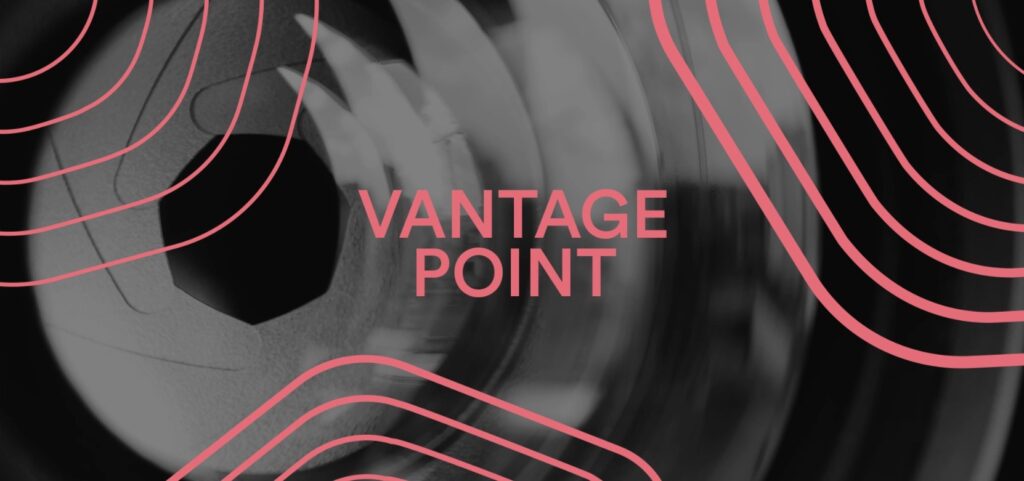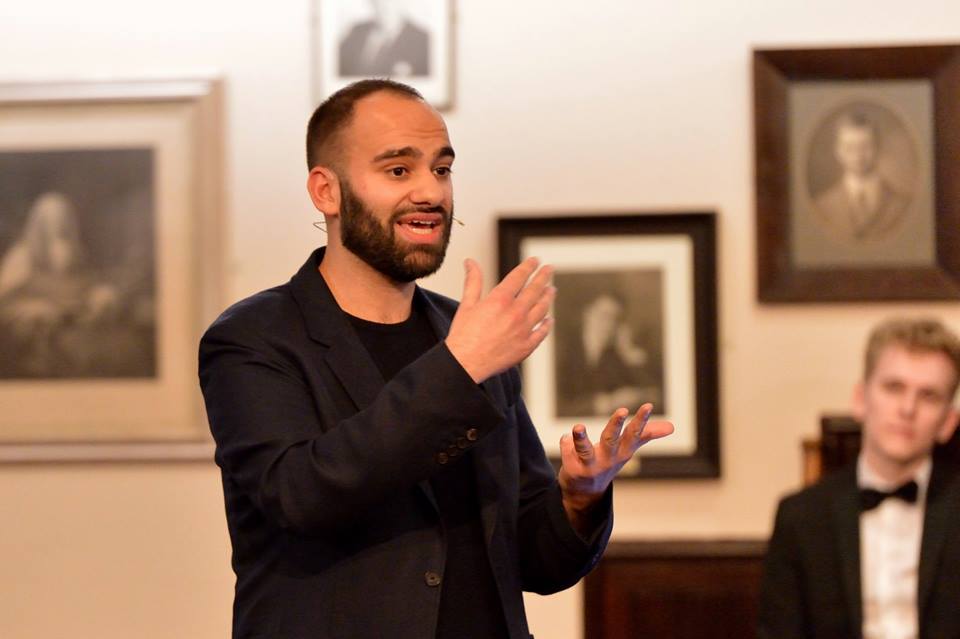Of course, it’s our elected representatives’ job to weigh up advice and make decisions. But sometimes they need help to prioritise and focus.
That’s why it’s important that different actors come together in coalition to agree on unified messages and deliver consistent policy asks.
Experts must think independently but work collectively
Take Greener UK, for example, or the #EndChildFoodPoverty campaign. Both have gathered a range of organisations with shared concerns. They make coordinated efforts to keep up attention and pressure on the policy issues they care about.
Such collaboration provides an opportunity to take policy conversations away from private discussions with policymakers and brings it out into the open for a cross-society debate.
As long as you include a wide variety of voices, it makes for a compelling case.
A good coalition has the following features
- Brings together organisations and people who don’t necessarily agree. This helps you avoid the ‘of course you would say that’ trap, and ensures you’re considering a range of risks and opportunities.
- Is transparent about why you came together and how you’re addressing big challenges. This supports the trustworthiness of your group.
- Remains focused on the outcome not the output. Having a clear vision of the society you are trying to create – and the policies that will get you there – inspires confidence and enthusiasm from others.
- Has a really good facilitator who can bring participants back to the big picture and inspire action and compromise.
- Stays focused. Having a unified message and a clear map of how each participant fits into the work you are doing together is vital to your coalition’s competence and efficacy.
Getting a big group of people with strong views together is just about as difficult as you are imagining.
Here’s how we get coalitions unstuck
- Get the right people – finding the right participants is a lot of work. Putting in the time to research, ask around and strategise will pay off in the long run.
- Find the right setup – there is no one-size-fits-all approach to building an effective coalition. Individual interviews with each potential participant can help ensure everyone is on the same page about the goals and approach you will take.
- Home in on your audience – validating your goals and approach with your key audiences is an essential part of building an effective coalition. It also helps unite participants as you put the big issues into perspective.
Need help working in coalitions to get your policy unstuck? Speak to us about how we can help.
Photo by Thiébaud Faix on Unsplash





